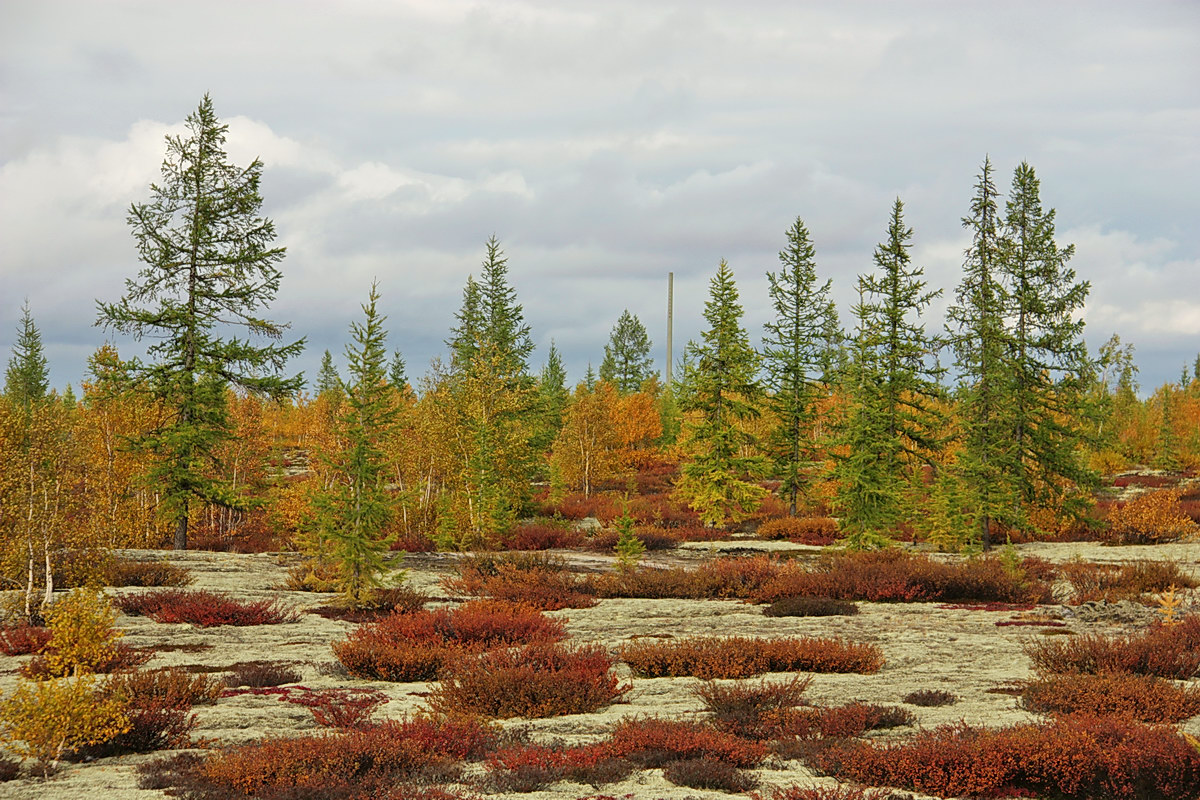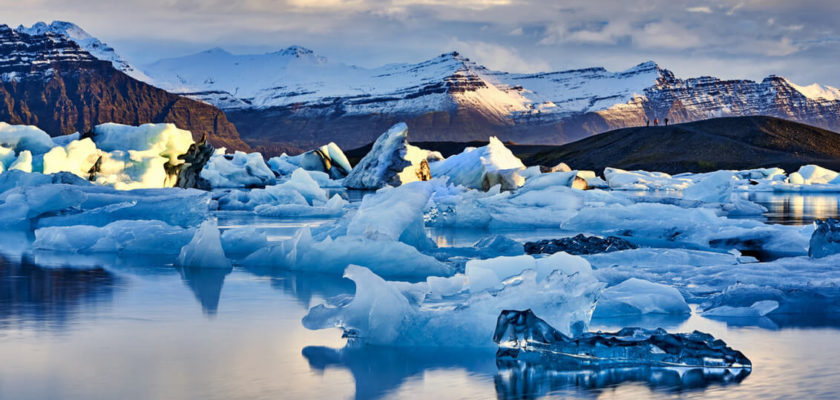The Arctic Tundra Facts talk about a type of biome in the world. The word tundra is taken from the Russian word. It means treeless mountain tract or uplands. Due to the short growing seasons as well as the low temperature in the tundra, the growth of trees is hindered. In general, the people can spot lichens, mosses, grasses, sedges and dwarf shrubs in tundra biome. Let’s find out interesting facts about arctic tundra below:
The People Who Live In Arctic Tundra
There are several people who inhabit the arctic tundra. The permafrost area is occupied by the Nenets and Nganasan. Most people who live here are the nomadic reindeer herders.
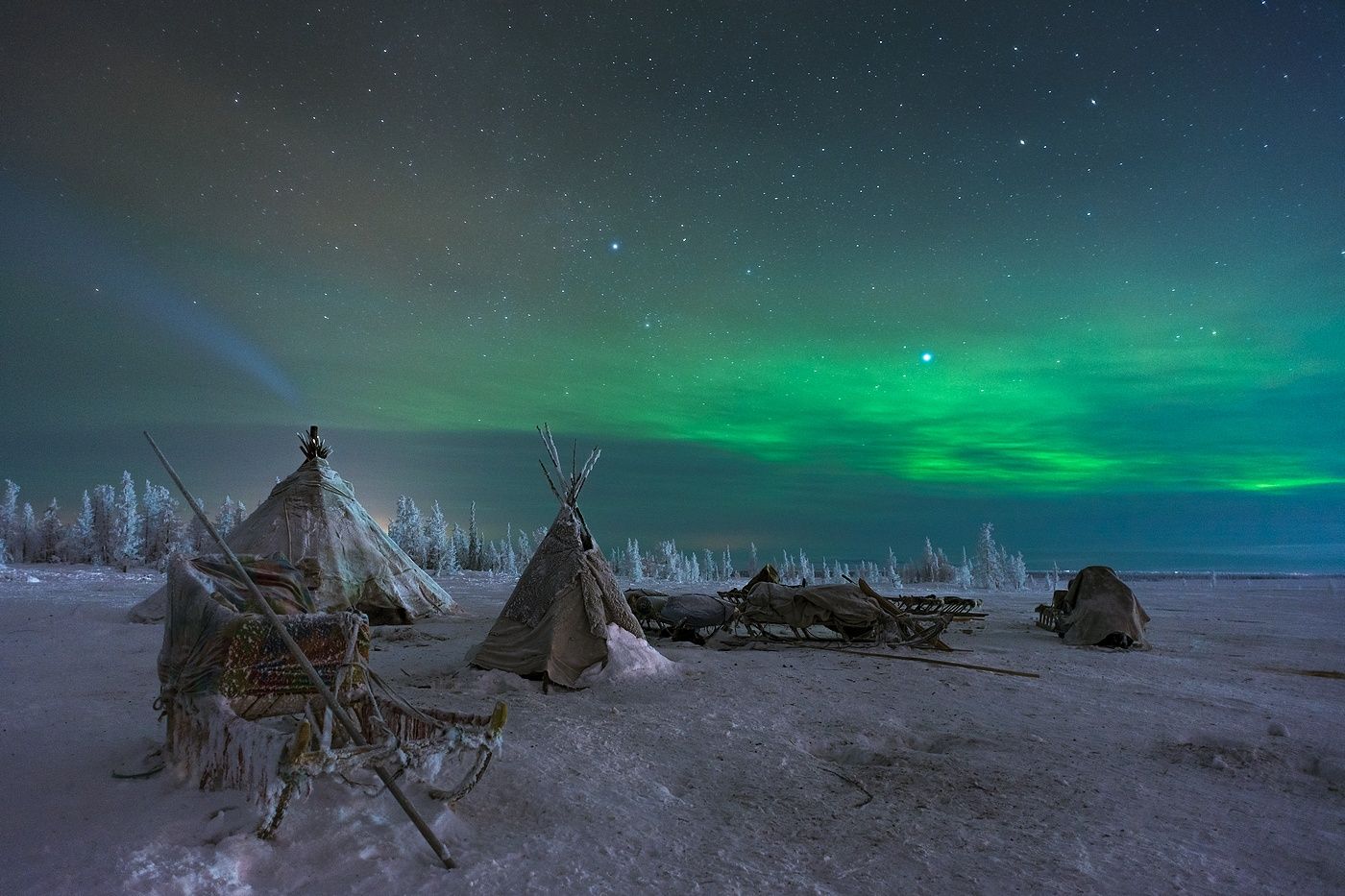
The winter season
On average, arctic tundra has the temperature around -18 °F or -28 °C during the winter season. The condition in this season is very dark and cold. Get facts about Taiga here.
The Summer Season
On average, Arctic tundra has the temperature around 54 °F or 12 °C during the summer season. When the season is warm, it is very common to spot stream bog, lakes, and marshes on the tundra.
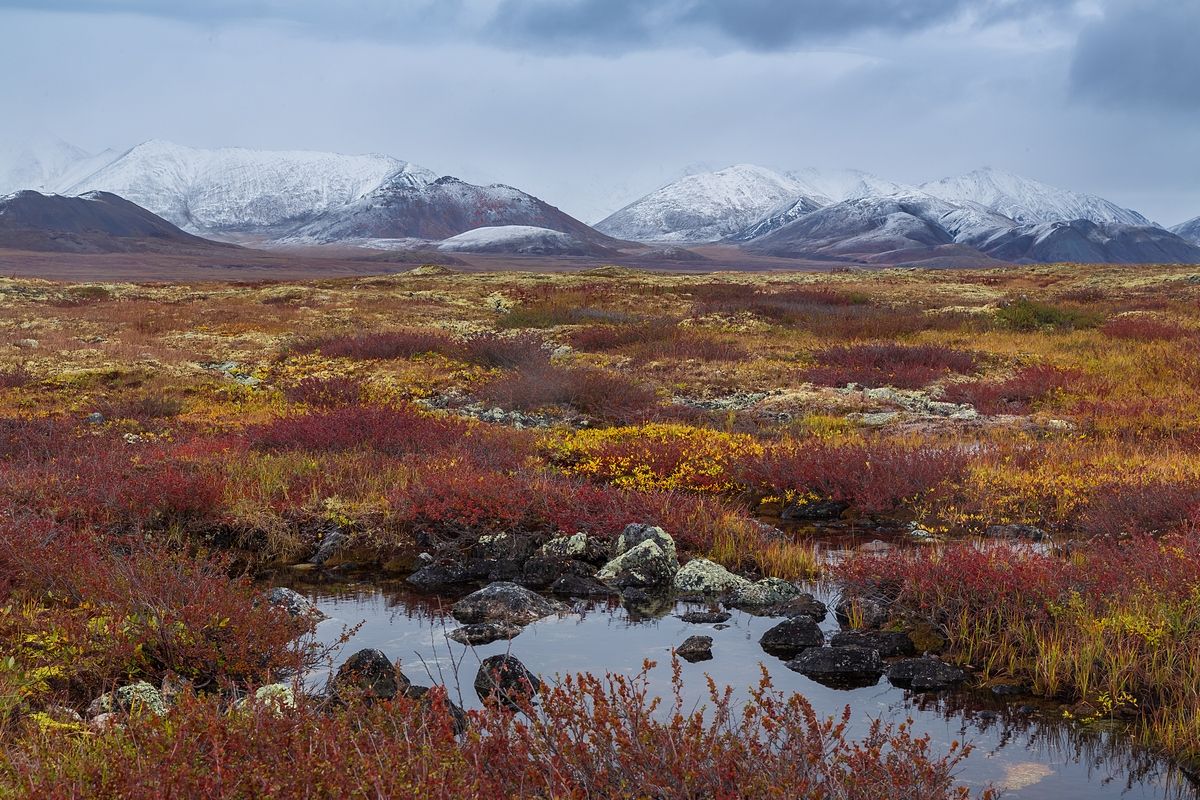
The Seasons
The polar tundra areas only have two primary seasons. Both are the summer and winter seasons.
The Location Of Arctic Tundra
The location of arctic tundra is at the north of taiga belt. It is at the Northern Hemisphere. This term is often used to describe the biome which has frozen soil and permafrost subsoil.
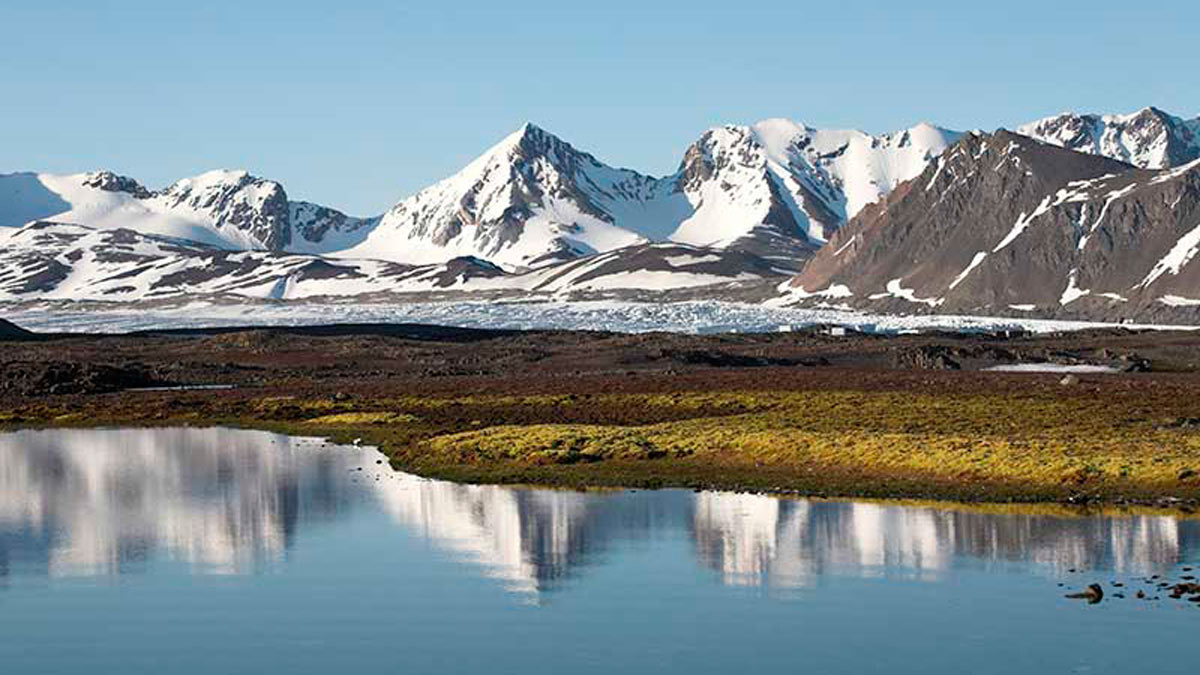
Тhe permafrost tundra
The best example of permafrost tundra can be seen in northern Russia and Canada. Both countries feature the vast areas of tundra.
Тhe frozen condition
You can spot the frozen areas in the arctic tundra. It is not possible for the people to grow the trees. The depth of the frozen soil is around 10 to 35 inches down.
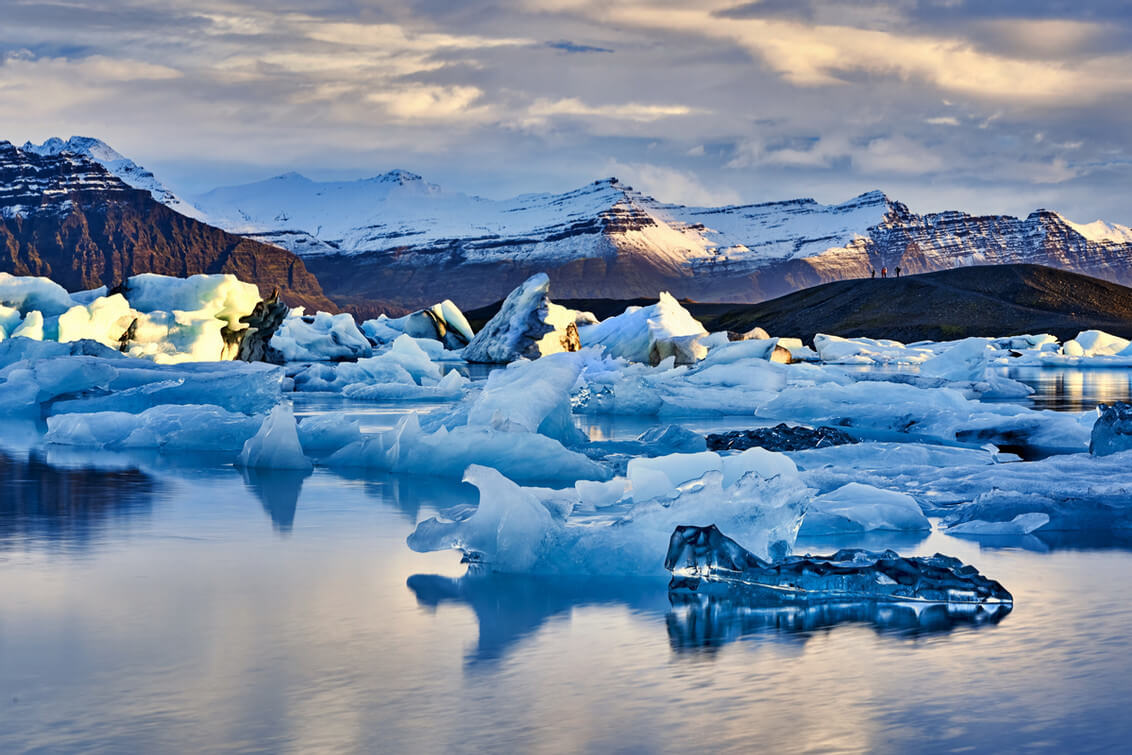
Protection
The arctic tundra is protected under the national Biodiversity Action in Russia and Canada. It is a part of the conservation program in the countries.
The Types Of Tundra
Actually tundra biome is divided into three types. Those are the Antarctic tundra, alpine tundra and arctic tundra.
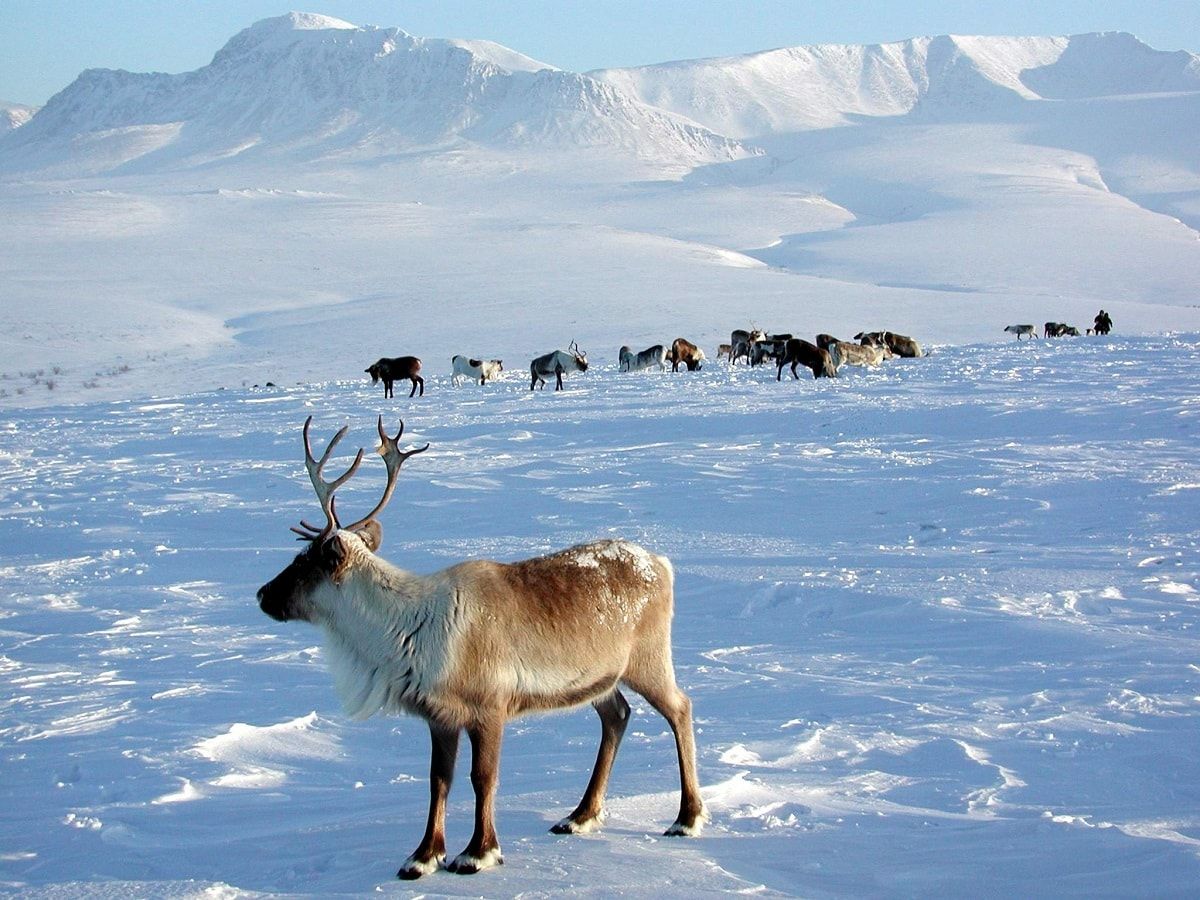
The ecotone of tundra
The timberline or tree line is a term used to call the ecological boundary region or ecotone of forest and tundra.
